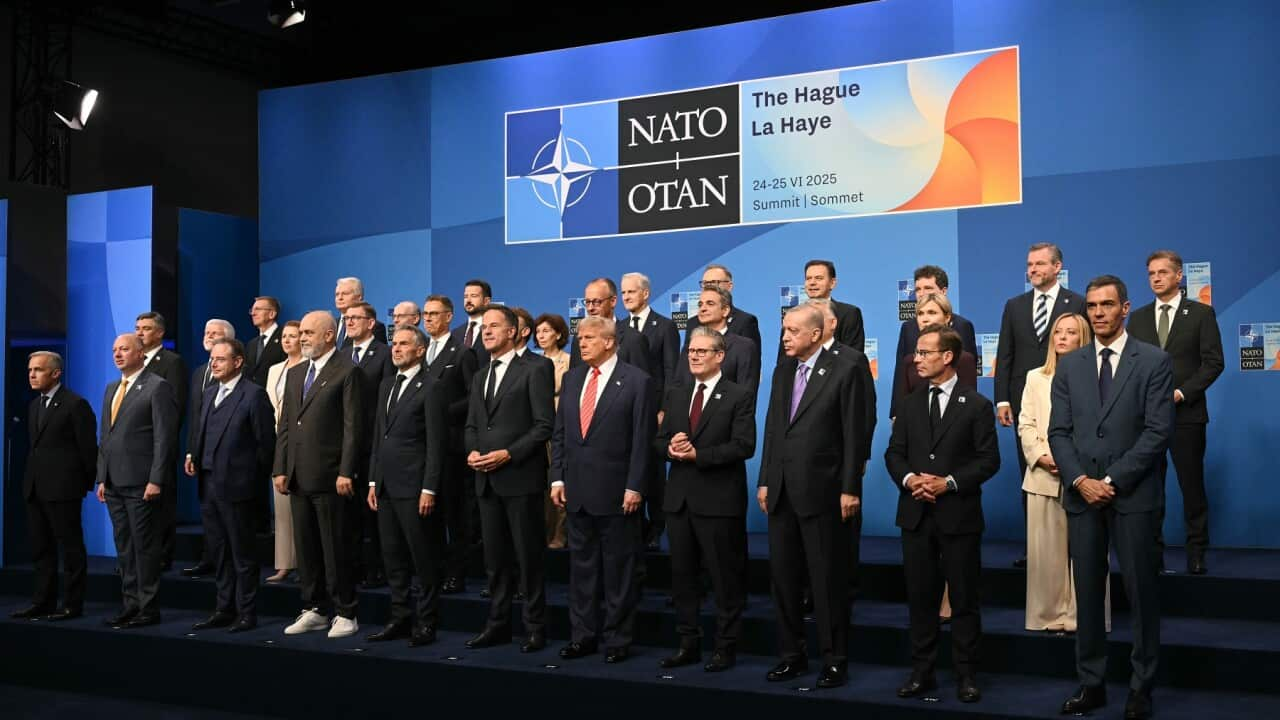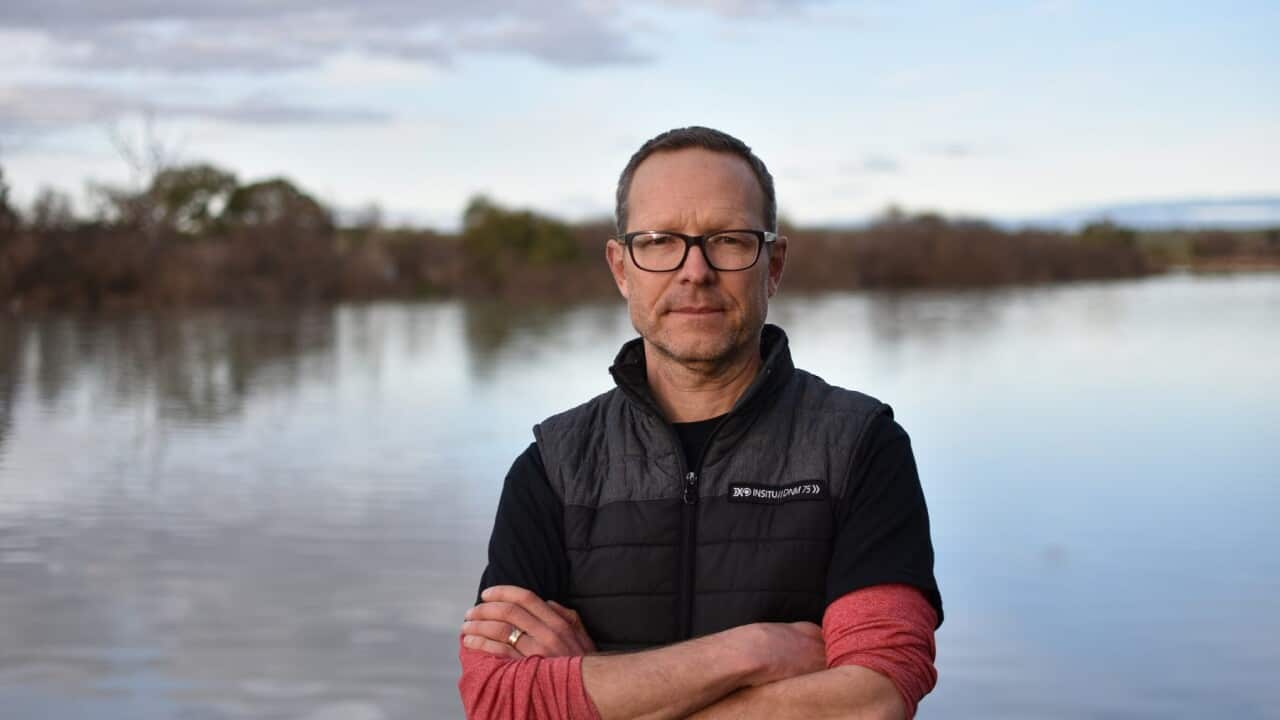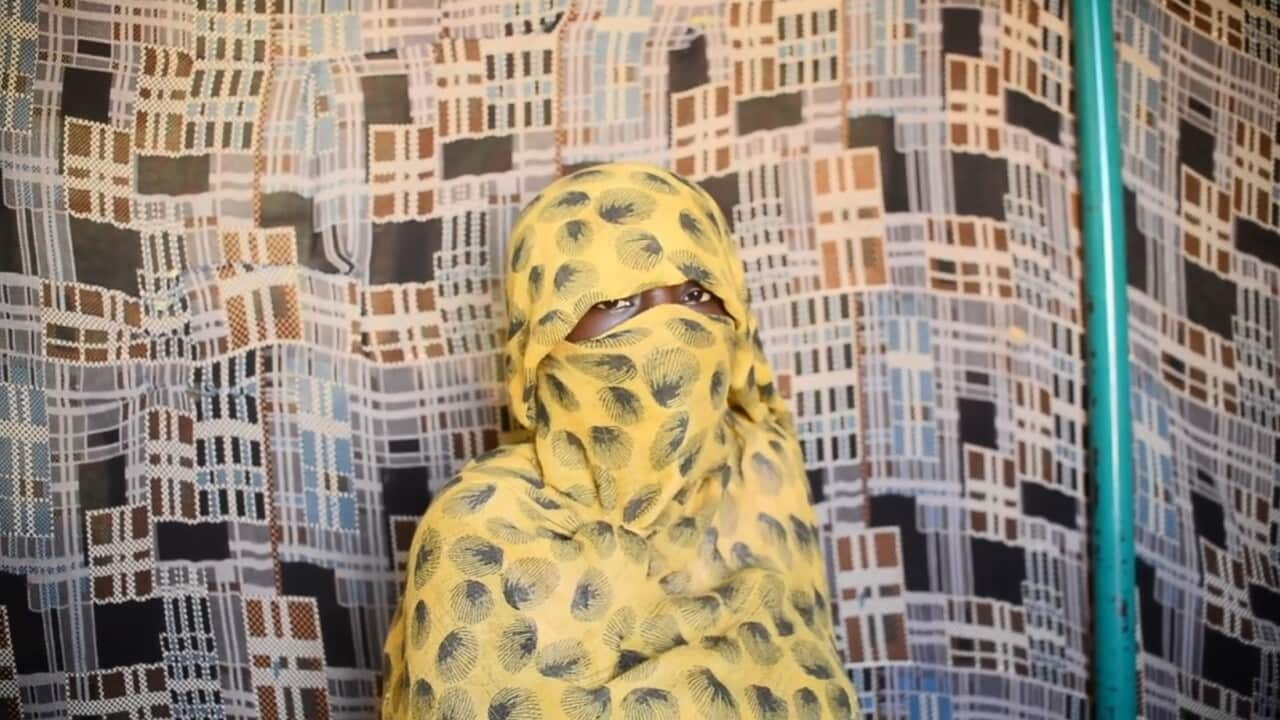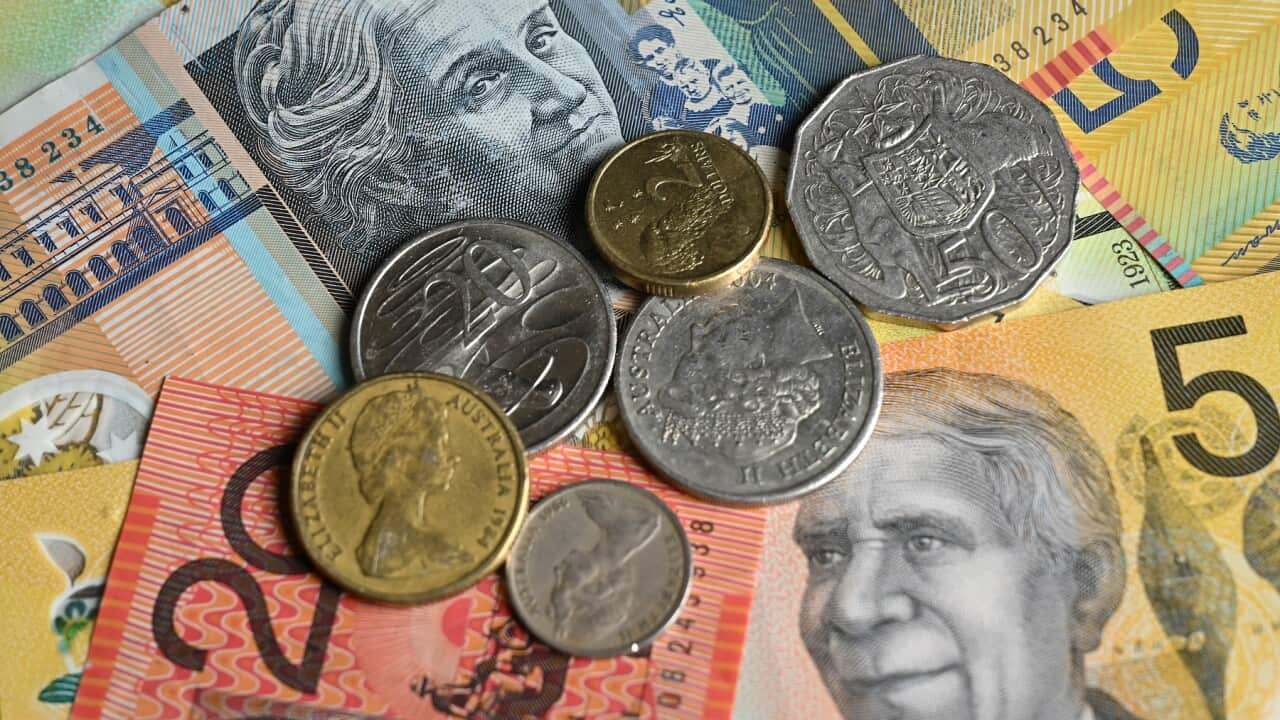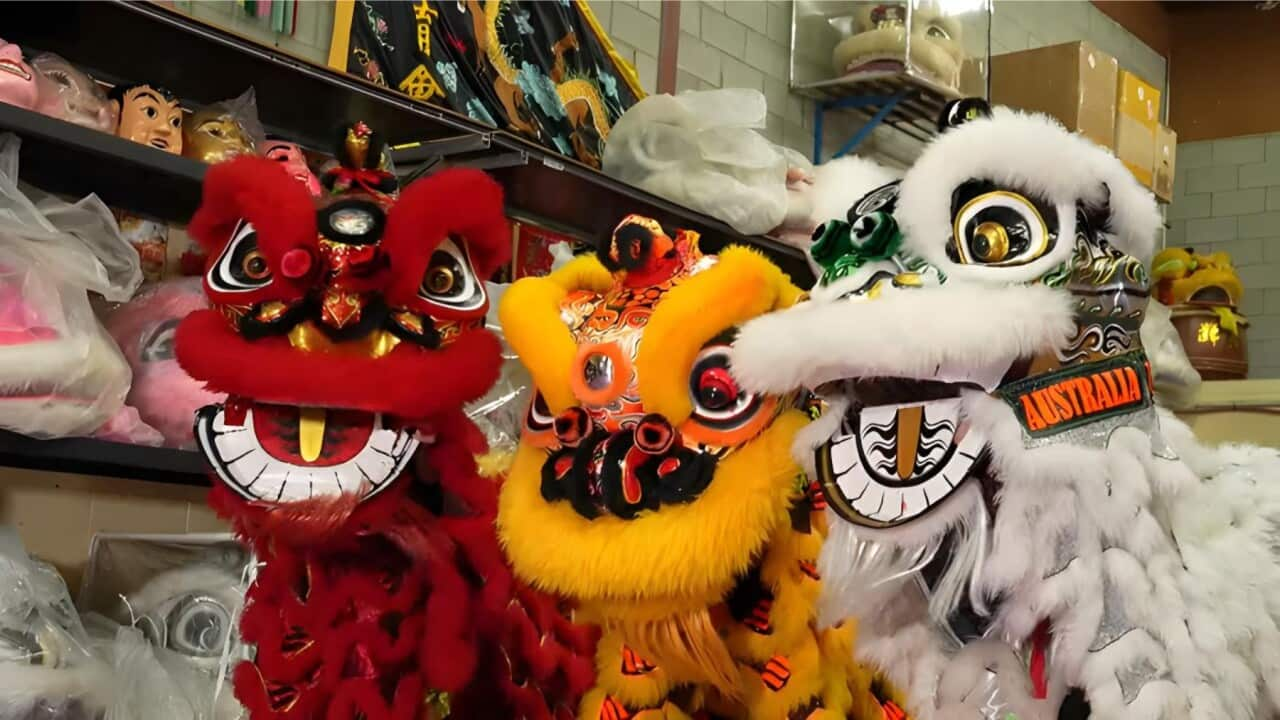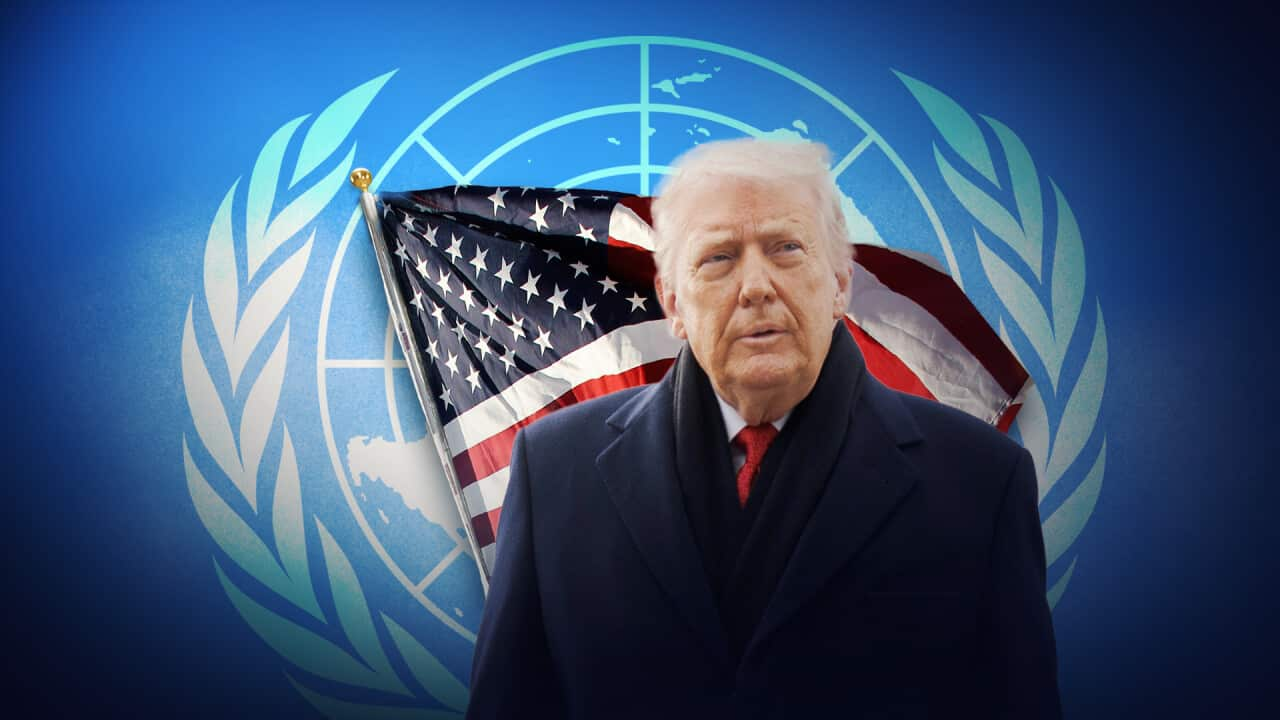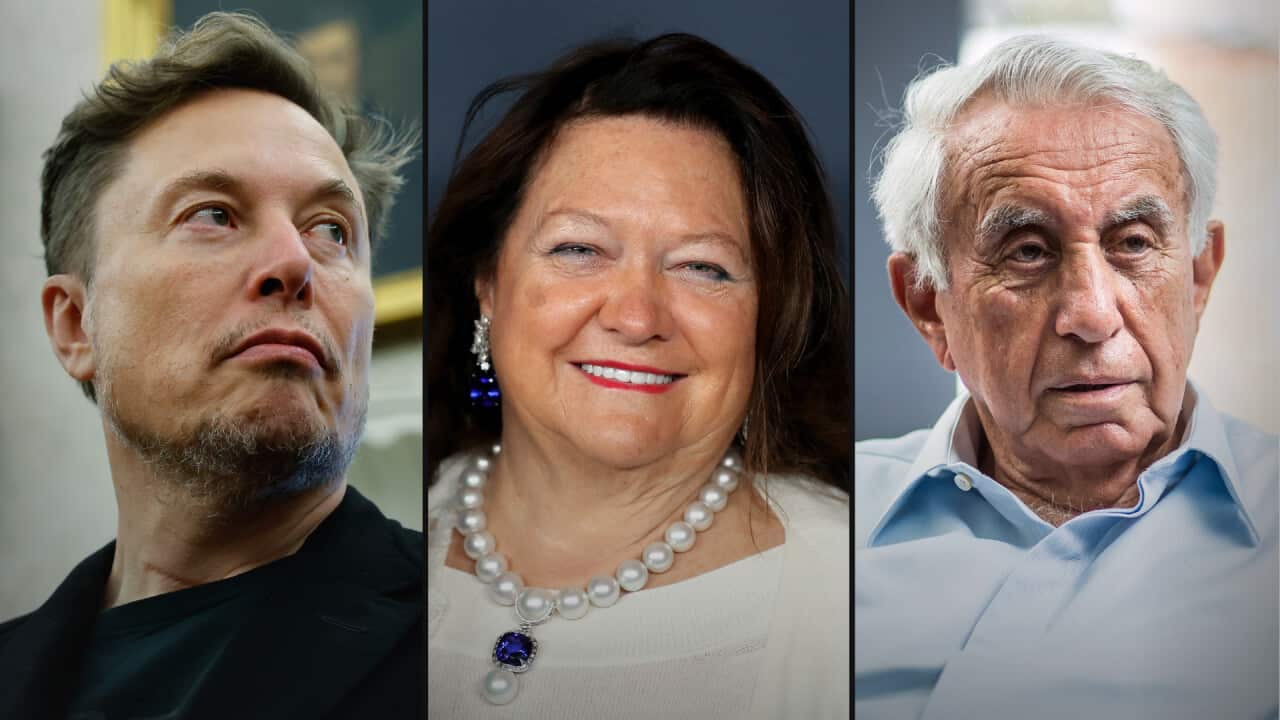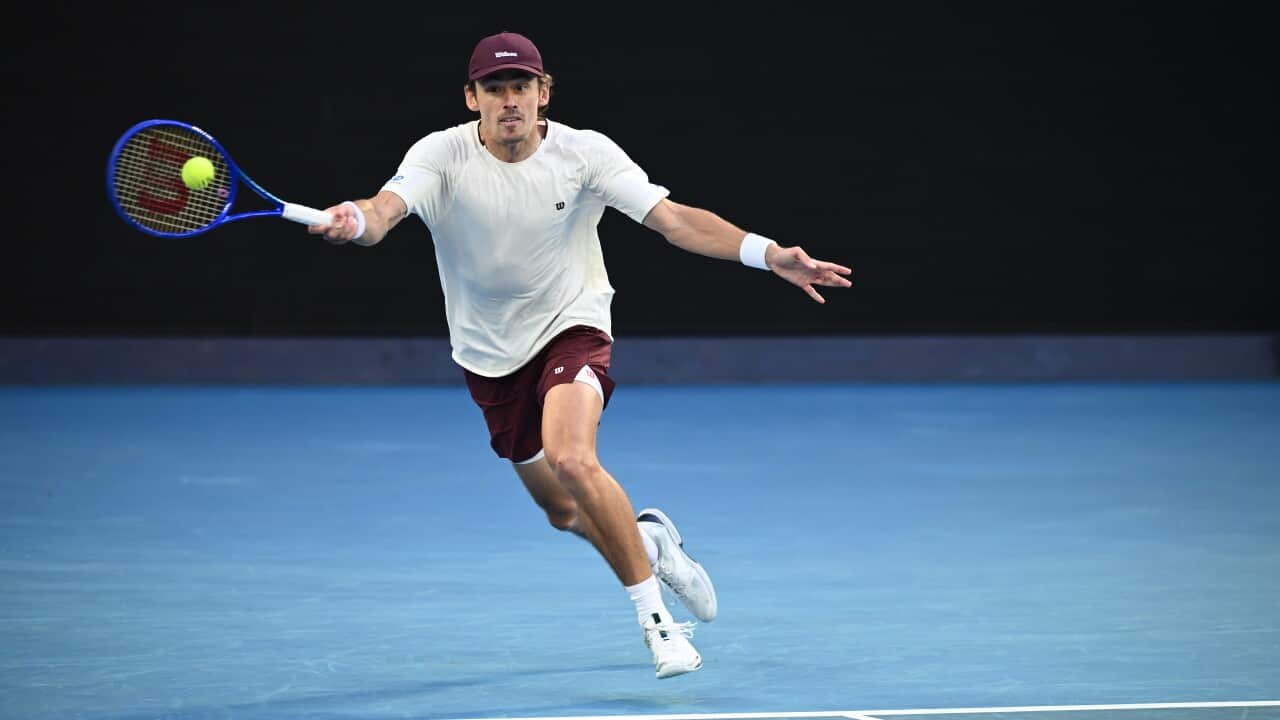Listen to Australian and world news, and follow trending topics with SBS News Podcasts.
TRANSCRIPT
NATO countries have agreed to hike defence spending at a major summit in The Hague.
The military alliance endorsed raising member countries' defence spending goal from two per cent of GDP to five per cent by 2035.
It follows sustained pressure from US President Donald Trump, whose leadership was praised at the summit by NATO Secretary Mark Rutte.
"We stand together, united in NATO, the most powerful defensive alliance in world history. President Trump, dear Donald, you made this change possible. Your leadership on this has already produced one trillion dollars in extra spending from European allies since 2016. And the decisions today will produce trillions more for our common defence to make us stronger and fairer by equalising spending between America and America's allies."
Spain stood out as a notable exception, refusing to commit to the spending boost, which prompted this warning from Mr Trump.
"I'm going to negotiate directly with Spain. I'm going to do it myself. They're going to pay, they'll pay more money this way. You should tell them to go back and pay - you're a reporter? Tell them to go back. They ought to join all of those countries that are paying five per cent."
The US President has dominated the summit, with a series of characteristically controversial comments.
He compared the recent US strike on Iran's nuclear facilities with the bombing of Hiroshima and Nagasaki, for example.
Mr Rutte also captured attention with his colourful comparison of Donald Trump to a geopolitical "daddy" when discussing the Israel-Iran war.
TRUMP: "They're not going to be fighting each other. They've had it. They've had a big fight, like two kids in a schoolyard. You know, they fight like hell. You can't stop them. Let them fight for about two, three minutes. Then it's easier to stop them."
RUTTE: "And then daddy has to sometimes use strong language."
TRUMP: "You have to use strong language, every once in a while, you have to use a certain word."
That certain word was an expletive uttered by Mr Trump on his way to the summit - as he tried to hold together the ceasefire he'd brokered.
"We basically have two countries that have been fighting so long and so hard that they don't know what the f**k they're doing."
So far the ceasefire appears to be holding, something many Western leaders see as lending credence to Mr Trump's self-styled role as a peacemaker.
One conflict the US president has had less success in ending is Russia's war with Ukraine, despite declaring during the presidential campaign he could end the war in one day.
Resolving the conflict was high on the NATO agenda, and Australia's Deputy Prime Minister Richard Marles offered more support at the summit to help Ukraine continue fighting.
“We have been able to announce that we will be deploying an E-7 Wedgetail to Poland in August for a three month rotation, which will help support Ukraine in its struggle and defiance against Russia. There'll be about 100 strand personnel who come with that asset. In addition to that, we've also announced more sanctions in relation to Russia."
Under the arrangement, Australia will apply travel bans and financial sanctions to an additional 37 individuals, in an effort to weaken Russia's economy and push it towards peace with Ukraine.
The US president also took the opportunity to pressure Russia, calling on President Vladimir Putin to end the war, and raising the prospect of more military support for Ukraine.
"So let me just tell you, they do want to have the anti-missile missiles. Okay. As they call them. The Patriots and, we're going to see if we can make some available. You know, they're very hard to get. We need them too."
Hanging over the summit was the more fundamental question of whether the United States remains committed to Article 5 - which outlines NATO's mutual defence guarantees.
Mr Trump gave an ambiguous response when asked about this - which is unlikely to satisfy the concerns of countries left unsure about longstanding security arrangements.
"Depends on your definition, there's numerous definitions of Article 5, you know that, right? But I'm committed to being their friend. You know, I've become friends with many of those leaders, and I'm committing to helping them."
